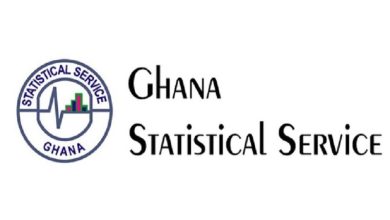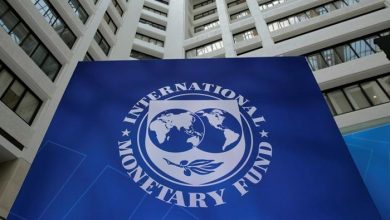Economist attributes cedi’s rise to reforms, gold initiative, and international trends

An economist and economic policy analyst at the Kwame Nkrumah University of Science and Technology (KNUST), Prof. Eric F. Oteng-Abayie, has attributed the Cedi’s resurgence to a confluence of domestic policy reforms and favourable global economic conditions.
According to Prof. Oteng-Abayie, the remarkable appreciation of the Ghanaian Cedi up by approximately 16% against the US dollar by April 2025 has been spurred by strategic initiatives such as the Bank of Ghana’s Gold4Oil and GoldBod programs. Significant fiscal discipline under the IMF-backed economic recovery plan, and rising investor confidence.
“The Cedi’s recovery is no coincidence. It is the result of deliberate policy choices, particularly the Bank of Ghana’s Gold4Oil and GoldBod initiatives, which have significantly bolstered foreign exchange reserves and investor confidence,” he stated.
The Bank’s requirement that 20% of gold export proceeds be converted into cedis, in addition to a $490 million forex market intervention in April, has helped stabilise foreign exchange supply and boost the local currency.
He also cited the temporary suspension of external debt repayments and improvements in Ghana’s credit rating from Selective Default to CCC+ as contributing factors. “Ghana’s fiscal consolidation under the IMF program, including the removal of distortionary taxes like the E-levy and COVID-19 levy, has further reinforced credibility in the economy,” he added.
These efforts, combined with strong export performance particularly gold and cocoa, whose prices have surged to record levels have significantly improved Ghana’s balance of payments and foreign exchange inflows.
Globally, the weakening of the US dollar due to trade tensions and economic uncertainties has provided a favorable backdrop for the Cedi’s recovery. The depreciation of the US dollar index (DXY) by about 10% since January has benefited many emerging markets, including Ghana.
“The weakening of the US dollar due to global recession fears and trade tensions has worked in Ghana’s favour. At the same time, record-high prices for gold and cocoa have boosted our export earnings,” he explained.
However, Prof. Oteng-Abayie cautioned that while the Cedi’s appreciation has led to a reduction in inflation down to 21.2% by April 2025, ordinary Ghanaians have yet to feel the impact in their daily lives due to persistent price stickiness.
“We are seeing a classic case of price stickiness where prices go up quickly during currency depreciation but come down slowly even when the Cedi strengthens,” he observed.
He explained that businesses are slow to reduce prices, citing uncertainty over the currency’s stability, high operational costs, and long-term cost structures shaped during inflationary periods.
The economist drew parallels with historical experiences in 2007 and 2017, where currency stabilisation efforts failed to yield broad consumer relief due to structural constraints.
“The current situation mirrors past experiences, such as the 2017 and 2007 episodes, where currency stabilisation alone was not enough. Without structural reforms, the gains are often short-lived,” he remarked.
He stressed the need for policy measures to address domestic cost pressures, promote market competition, and diversify Ghana’s economy beyond commodities to ensure long-term gains.
In his recommendations, Prof. Oteng-Abayie called for continued fiscal discipline, energy sector reform, transport infrastructure development, stronger market regulation, and increased local production capacity.
“To ensure long-term stability, Ghana must tackle domestic cost pressures, invest in infrastructure, strengthen market regulation, and diversify its economic base beyond commodity exports,” he advised.
He also urged authorities to manage public expectations transparently and support gradual price adjustments, especially in import-dependent sectors.
The Cedi has become one of the world’s best-performing currencies in 2025, following a volatile 2024 when it lost nearly 24% of its value.
This year’s 16% gain has coincided with declining inflation and improved macroeconomic confidence, offering a window of opportunity for deeper reforms to achieve lasting economic stability.










